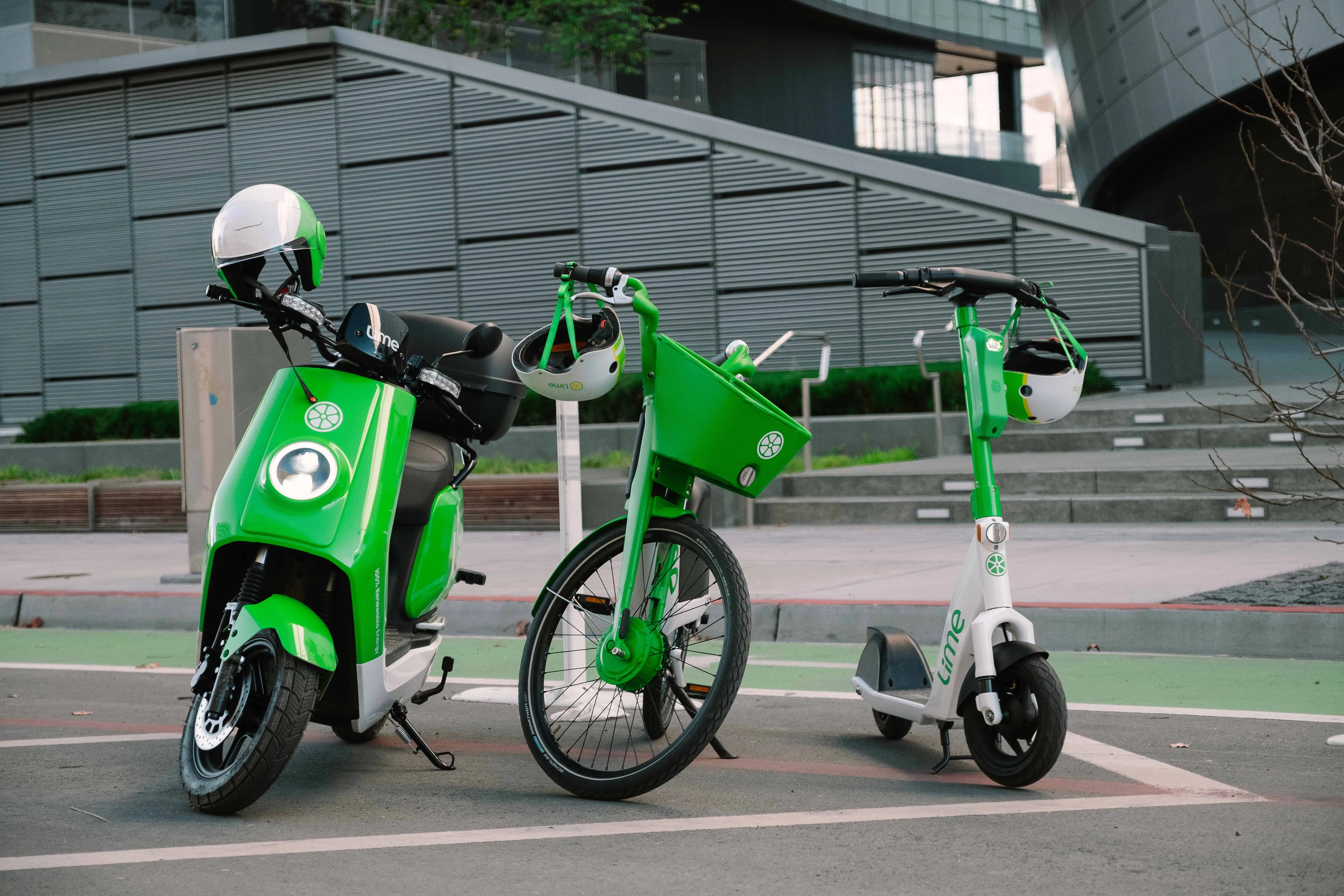BMW Motorrad, Honda Motor Company and Yamaha Motor Company have joined forces to enhance Cooperative-Intelligent Transportation Systems (C-ITS) applications in powered two-wheelers (PTWs) and are working together to establish a consortium named Connected Motorcycle Consortium.
According to the Memorandum of Understanding (MoU), which was signed by all European Association of Motorcycle Manufacturers (ACEM) manufacturing members in 2014, C-ITS features will be introduced from 2020 onwards. In order to acc
October 9, 2015
Read time: 3 mins
According to the Memorandum of Understanding (MoU), which was signed by all European Association of Motorcycle Manufacturers (ACEM) manufacturing members in 2014, C-ITS features will be introduced from 2020 onwards. In order to accelerate this process, the three manufacturers will begin their cooperation in the field of C-ITS now.
Announcing the new cooperation at the
ITS technologies are expected to generate particular safety benefits in regard to powered two-wheelers (PTWs), not least by offering a level of electronic communication which can be shared between riders and drivers of other road vehicles.
ITS systems designed for cars cannot simply be transferred to motorcycles. Due to the limited space available, electronic systems have to be smaller and be resilient to water, dust and vibration. Since motorcycles exhibit different driving dynamics, software development and algorithms need to consider special requirements.
The three companies already have experience of connected vehicle technology in several European field tests. Along with car makers and major suppliers, BMW Motorrad participated in simTD, a large scale field test carried out on connected vehicles in the greater Frankfurt area in Germany, while Honda and Yamaha participated in Drive C2X, a Europe-wide ITS field test project.
“In order to speed up more motorcycle-specific safety developments, we intend to cooperate to promote a successful implementation of C-ITS in motorcycles and scooters,” said Tetsuo
Takaaki Kimura, chief general manager of Technology Centre and executive vice president and representative director of Yamaha Motor Company added: “Our companies are already active members of the
“Our aim is to promote a timely and comprehensive use of cooperative ITS systems in powered-two wheelers offering the potential to improve safety. We therefore encourage other companies to join us,” explained Professor Dr Karl Viktor Schaller, executive vice president of development at BMW Motorrad.
ACEM welcomed the initiative; Antonio Perlot, ACEM secretary general, said: “This initiative is fully in line with the ACEM road safety strategy and shows the willingness of the motorcycle industry to increase safety for riders based on very concrete and practical developments.”








